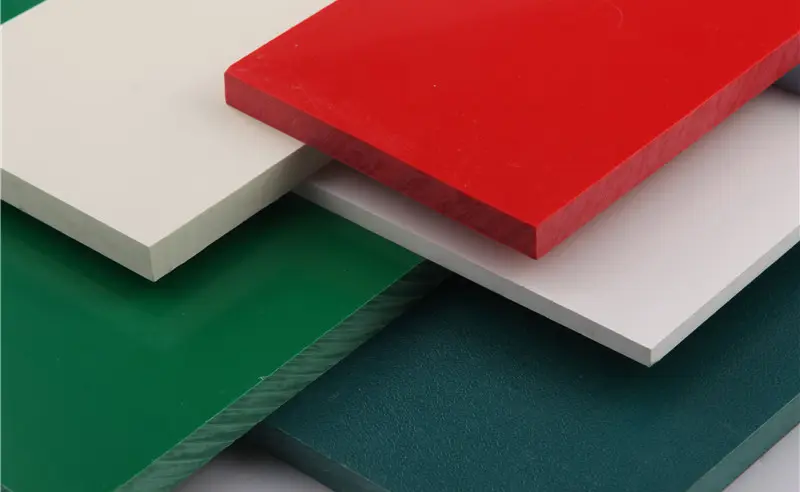Oct . 22, 2024 08:01 Back to list
HDPE Pipe Standards and Guidelines for Design and Installation in 2011
Understanding HDPE Pipes Characteristics, Applications, and Benefits
High-Density Polyethylene (HDPE) pipes have gained significant popularity in various industries due to their remarkable properties and versatility. As a lightweight yet durable option, HDPE pipes are widely used for a variety of applications, including water supply, sewage systems, drainage, and even in industrial settings.
Characteristics of HDPE Pipes
HDPE pipes are made from high-density polyethylene resin, which is known for its unique molecular structure. This structure imparts several advantageous characteristics
1. Durability HDPE pipes are resistant to many chemicals, which makes them an excellent choice for transporting hazardous substances without the risk of leaks. Furthermore, they are not prone to rust or corrosion, contributing to a longer lifespan compared to traditional materials like steel or iron.
2. Flexibility Unlike rigid PVC pipes, HDPE pipes offer remarkable flexibility. This quality allows them to be installed in diverse terrains and makes them less susceptible to damage during ground movements, such as earthquakes or soil shifts.
3. Lightweight HDPE pipes are substantially lighter than many alternative materials, which simplifies transportation and installation. This feature not only reduces labor costs but also minimizes the physical strain on workers.
4. Low Friction Loss The smooth interior surface of HDPE pipes reduces friction, leading to lower energy costs when pumping fluids through the system. This characteristic is particularly beneficial in long-distance water transfer applications, where energy efficiency is a primary concern.
5. Environmental Impact HDPE is recyclable, making it a more environmentally friendly option. This aspect aligns with the increasing emphasis on sustainable practices in construction and manufacturing.
Applications of HDPE Pipes
The versatility of HDPE pipes enables their use in a wide range of applications
dr 11 hdpe pipe

1. Water Supply Systems HDPE pipes are often utilized for potable water distribution systems due to their non-toxic nature. They ensure the safe transport of drinking water without leaching harmful chemicals.
2. Sewer and Drainage Systems Due to their resistance to corrosion and leaks, HDPE pipes are widely applied in sewage systems and stormwater drainage. They can withstand the harsh conditions of waste transport.
3. Irrigation In agriculture, HDPE pipes are extensively used in irrigation systems. Their durability and flexibility allow for efficient water distribution in fields, promoting better crop yields.
4. Industrial Applications Many industries, including oil and gas, utilize HDPE pipes for transporting various substances, from chemicals to waste products. Their chemical resistance and durability make them suitable for such demanding environments.
Benefits of Using HDPE Pipes
Choosing HDPE pipes for construction or infrastructure projects comes with numerous advantages.
1. Cost-Effective Although the initial investment in HDPE pipes may be higher than some alternative materials, their longevity and reduced maintenance costs often lead to significant savings in the long run.
2. Installation Efficiency The lightweight nature of HDPE pipes simplifies the installation process, reducing the overall labor time and costs associated with laying down pipes.
3. Reduced Environmental Footprint As a recyclable material, using HDPE pipes contributes to lower environmental impact, aligning projects with modern sustainability goals.
4. Long Lifespan With their resistance to rust, corrosion, and other damaging agents, HDPE pipes can last for decades, ensuring reliability and reducing the need for frequent replacements.
In conclusion, HDPE pipes represent a significant advancement in piping technology, offering a combination of durability, flexibility, and environmental sustainability. Their extensive range of applications and benefits make them an excellent choice for various industries, ensuring safe and efficient transportation of liquids and gases. As industries continue to evolve, the demand for such innovative materials is likely to grow, further establishing HDPE pipes as a cornerstone in modern infrastructure development.
-
PVC Transparent Sheet Roll - Durable & Flexible PVC Plastic Sheet Roll for Industrial & Home Use
NewsJun.24,2025
-
High-Quality PVC PPR Pipes and Fittings Durable ERA PPR Solutions
NewsJun.10,2025
-
High-Quality Large HDPE Sheets & Large Diameter PVC Pipe Durable Large PVC Pipe Supplier
NewsJun.10,2025
-
High Density Polyethylene Cutting Board - Durable & Food Safe
NewsJun.09,2025
-
3 Inch PVC Pipe for Durable Irrigation Affordable & Reliable
NewsJun.09,2025
-
Premium PPR Plastic Water Pipe Fittings - Durable & Leak-Free
NewsJun.09,2025

